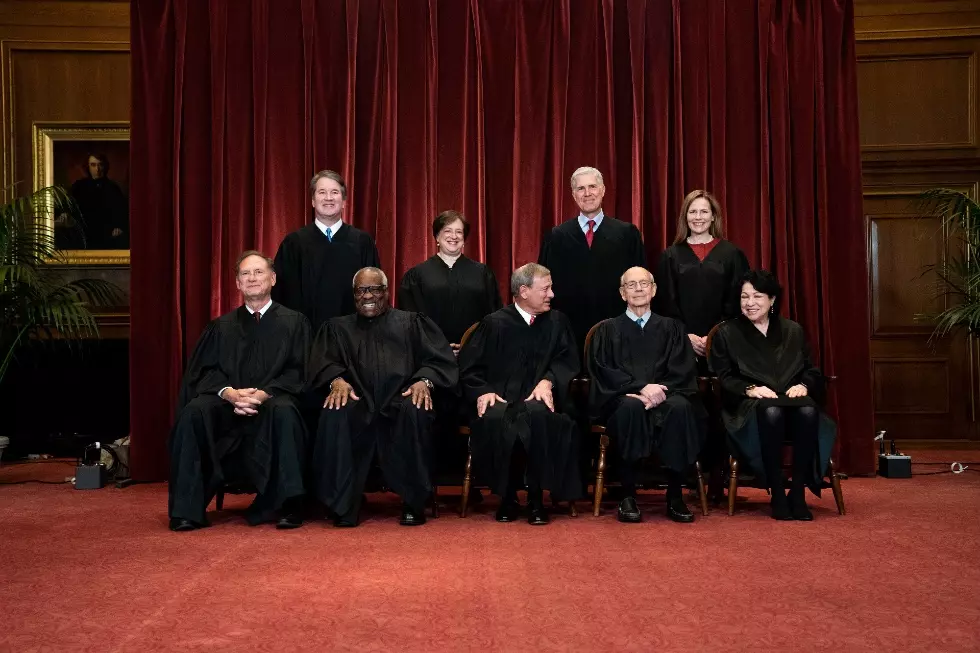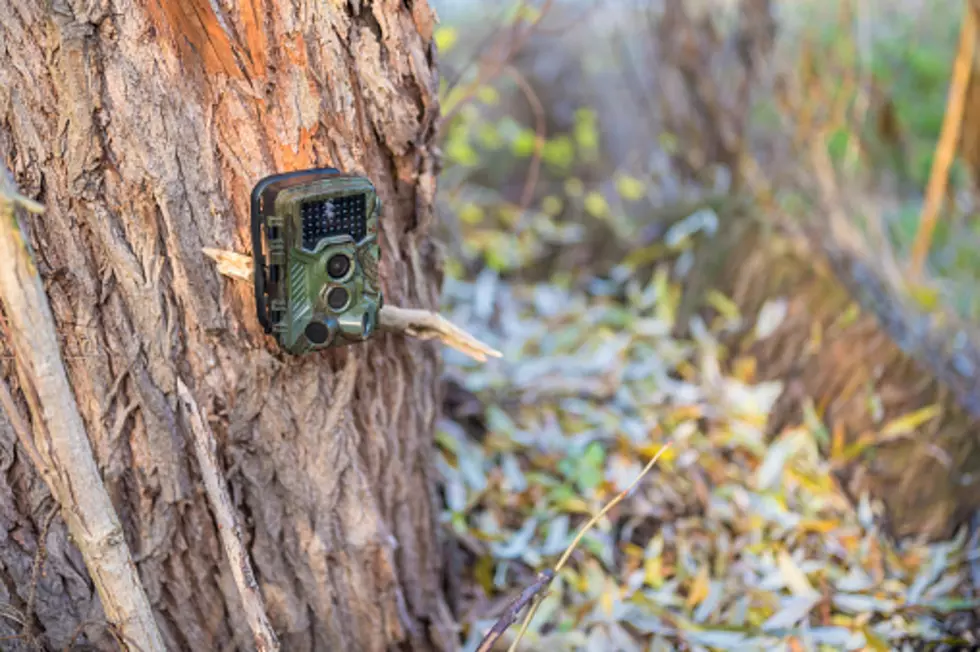
Wyoming Robocall Ban Violates First Amendment, Company Says
A company that produces political automated telephonic communications, nicknamed "Robocalls," claims Wyoming's law banning them violates their free speech rights, according to a lawsuit filed in federal court.
"The provisions of the Robocall Ban, on their face, unconstitutionally chill the freedom of speech guaranteed by the First and Fourteenth Amendments to the U.S. Constitution," according to the civil rights lawsuit filed by Dave Dishaw and his Grand Rapids, Mich.-based Victory Processing, LLC.
The lawsuit names Wyoming Attorney General Peter Michael because his office enforces the Robocall Ban, according to the lawsuit filed by Victory Processing's attorneys Blake Johnson and Katherine Spohn of the Bruning Law Group in Lincoln, Neb., and Patrick Crank of Cheyenne. Crank was the state's attorney general during the administration of Gov. Dave Freudenthal.
The Wyoming Attorney General's Office has not filed an answer to the lawsuit, Michael said in an email. "Our response is not due to the court immediately. It will be prepared and filed in due course."
Victory Processing and Dishaw claim prospective clients asked them during the 2016 election cycle to develop political messages for Wyoming voters, but found state law wouldn't let them because of the Robocall Ban.
The ban is listed in the state law about "disturbances of the public order" including fighting in public, breaching the peace, using a telephone to harass or threaten someone, and unlawful protesting at funerals.
Specifically, "No person shall use an automated telephone system or device for the selection and dialing of telephone numbers and playing of recorded messages if a message is completed to the dialed number."
Prohibited uses include offering goods or services for sale; conveying information on goods or services in soliciting sales or purchases; soliciting information; gathering data; and "promoting or any other use related to a political campaign."
A violation is a misdemeanor punishable by a jail term of up to six months, a fine up to $750, or both.
But this ban, according to Victory Process and Dishaw, strikes at the heart of free political speech. They cite a 1989 federal lawsuit in which a party says, "'The First Amendment has its fullest and most urgent application to speech uttered during a campaign for political office.'"
And in another case: "Political speech 'is, and has always been, at the core of the protection afforded by the First Amendment.'"
Victory Processing and Dishaw add the enforcement of the Robocall Ban restricts their automated calls based on the content of the message, according to the lawsuit. "If the automated telephone call is made for the purpose of conveying a political message in support of a political campaign, such call is unlawful."
They say restricting automated telephone calls on the basis of their content are invalid and should be closely looked at by the courts. The attorney general's office needs to prove it has a compelling governmental interest to restrict them, they add.
Victory Processing and Dishaw want the federal court to declare the Robocall Ban unconstitutionally deprives their right to free speech, and order the attorney general from enforcing the ban and pay for their attorneys' fees.
More From KGAB









